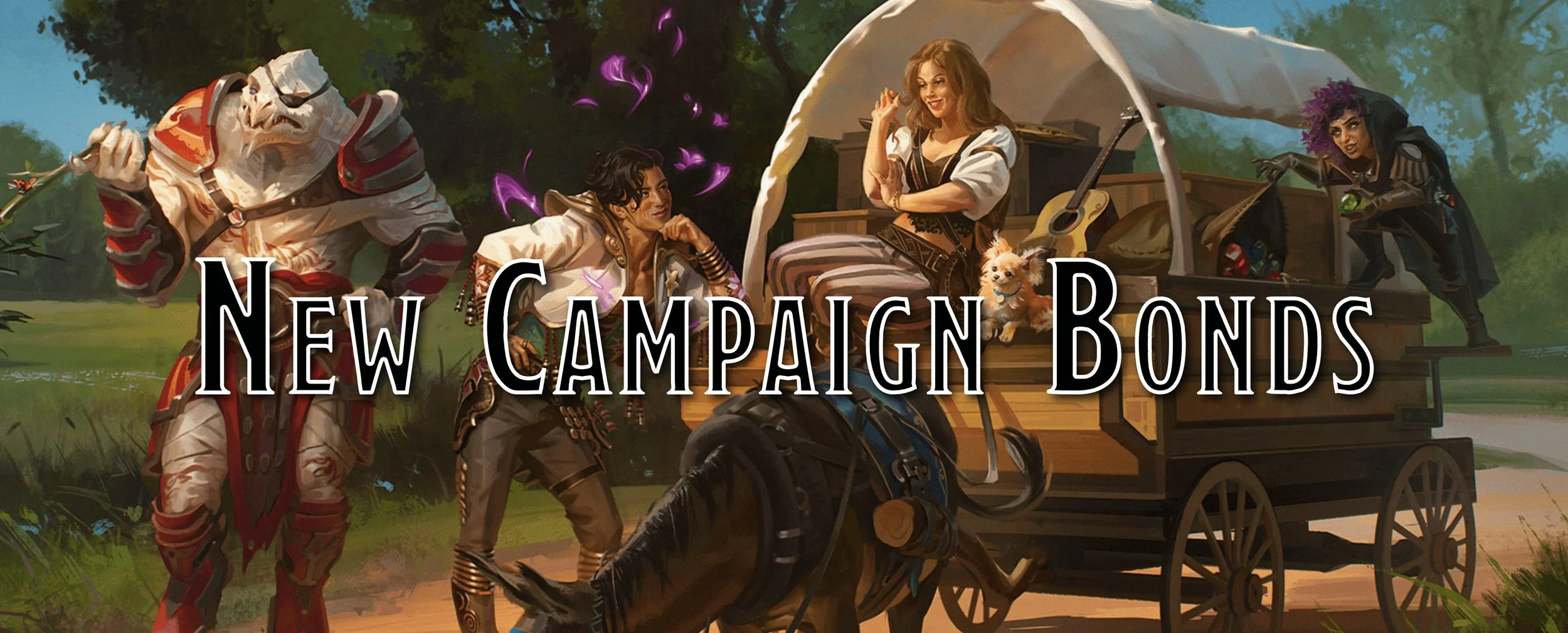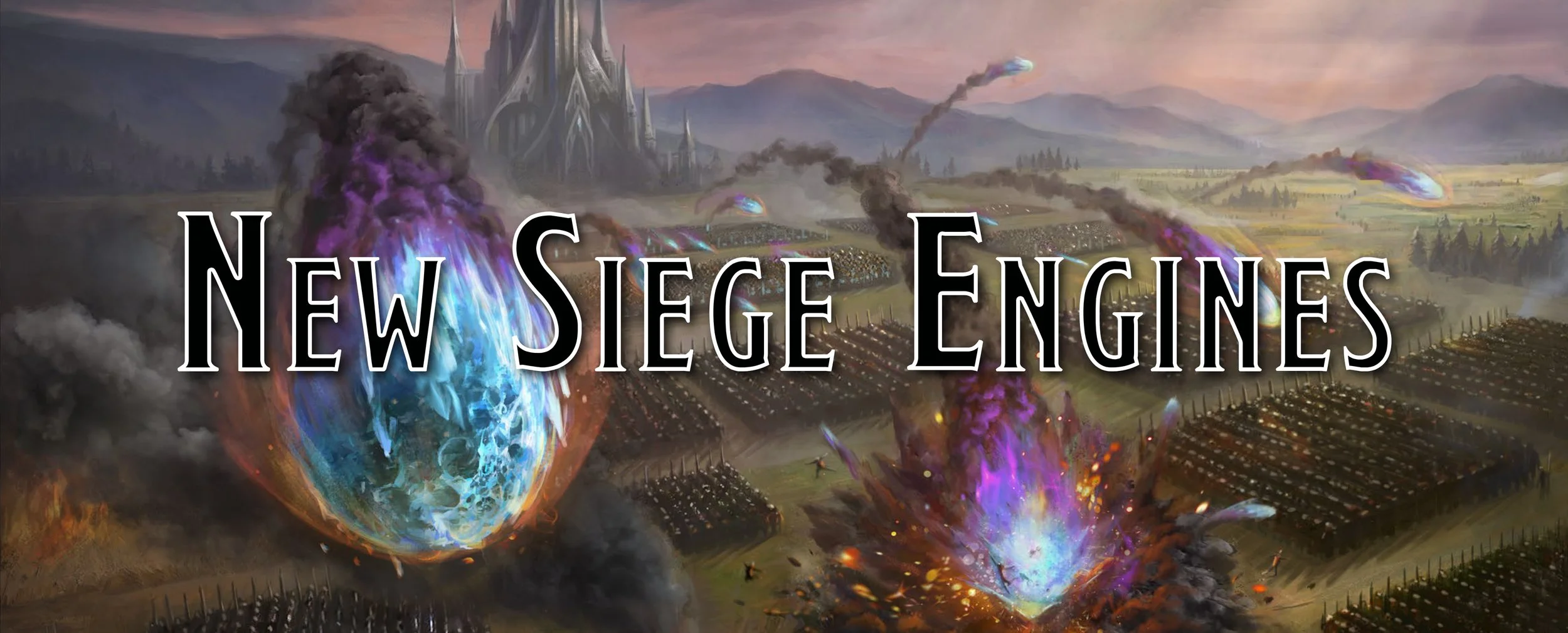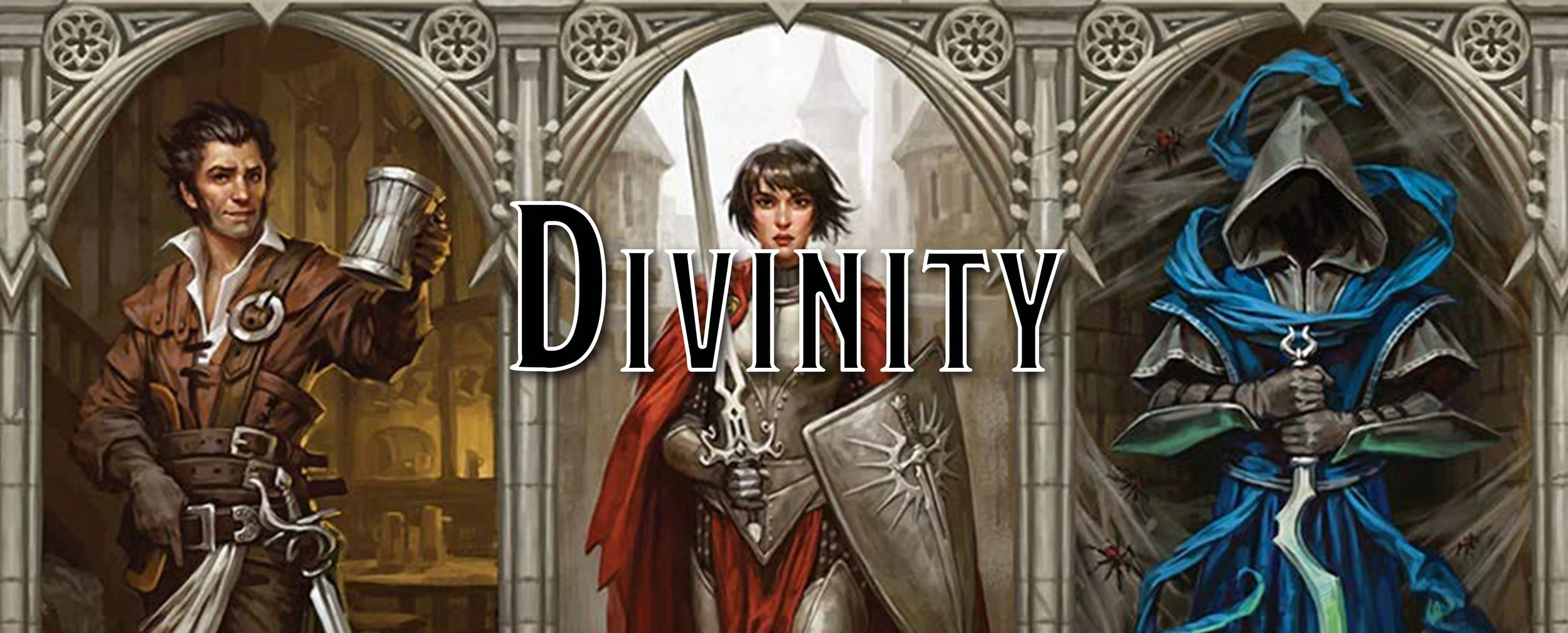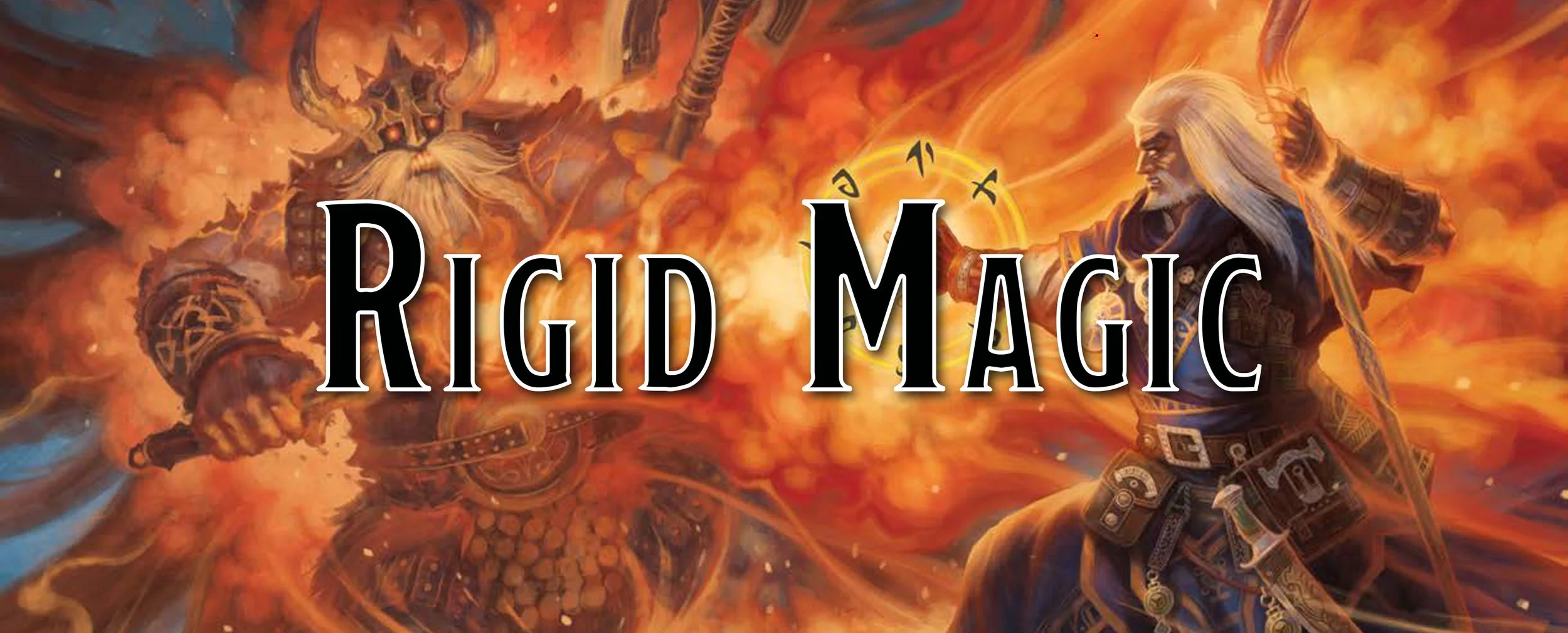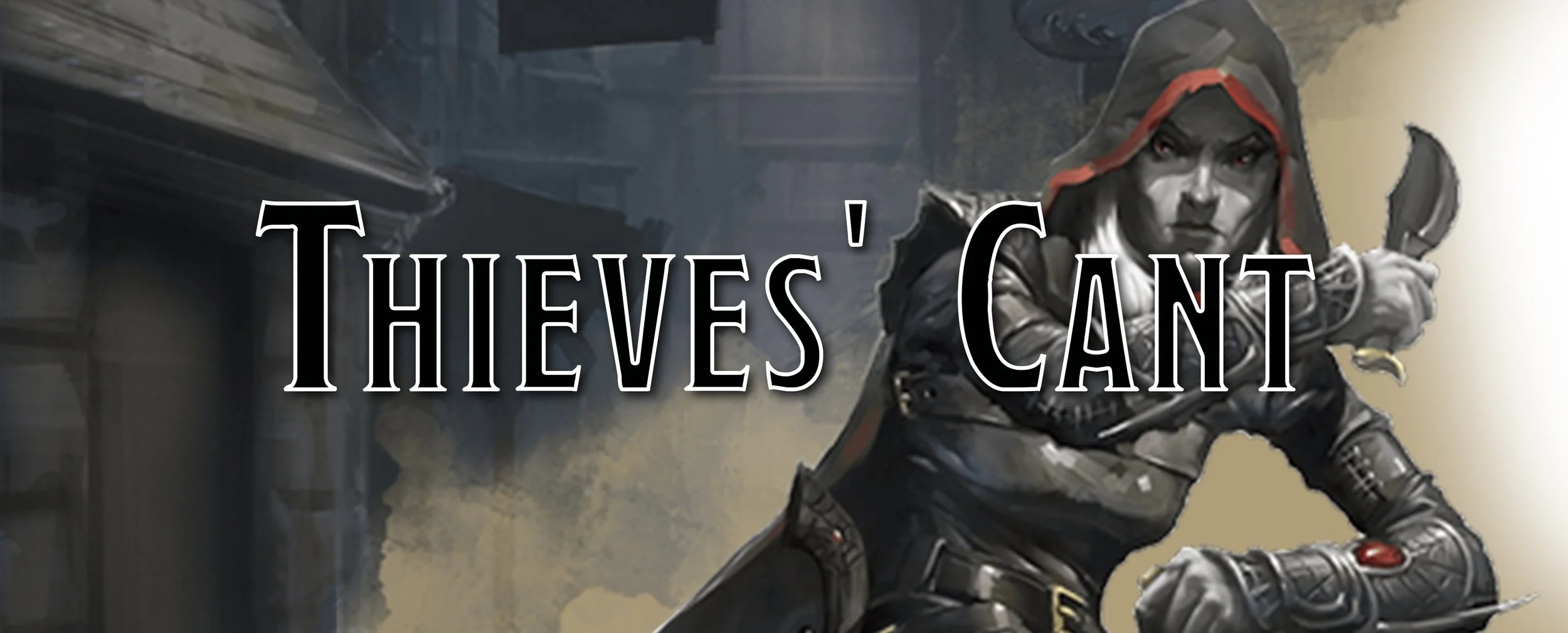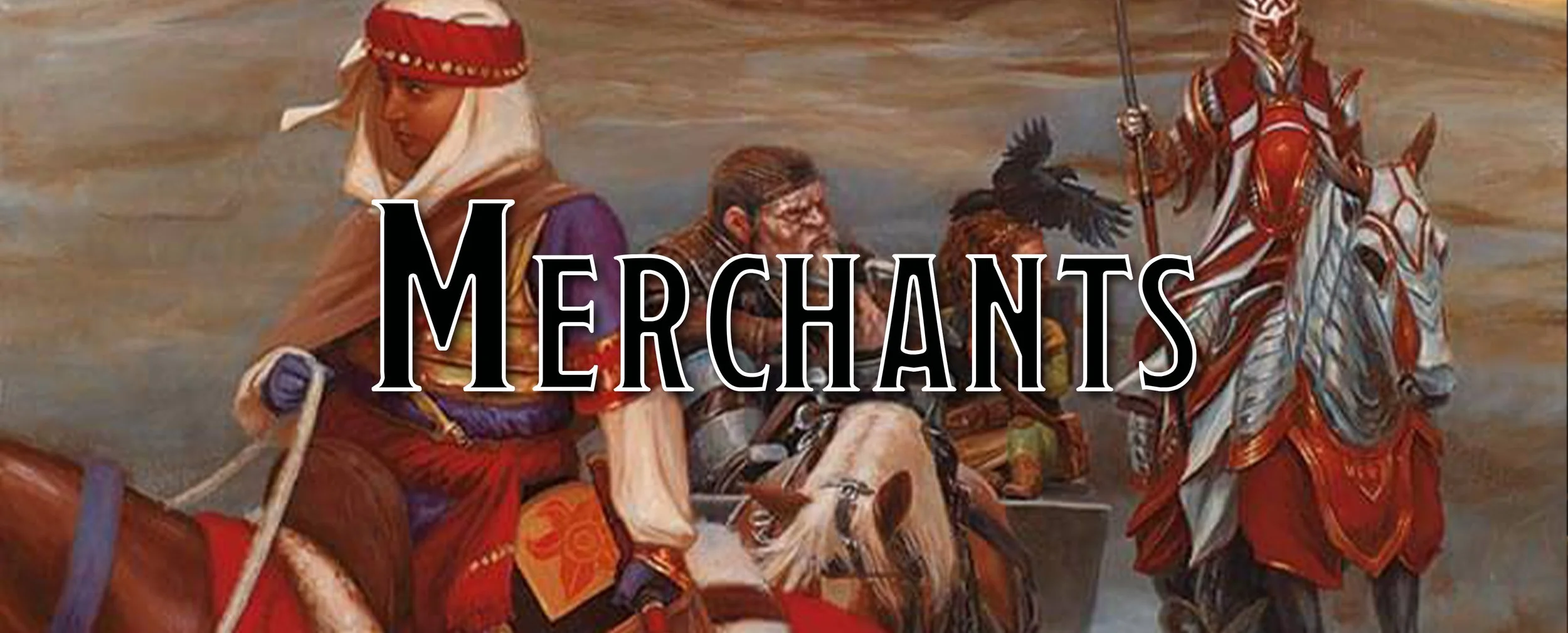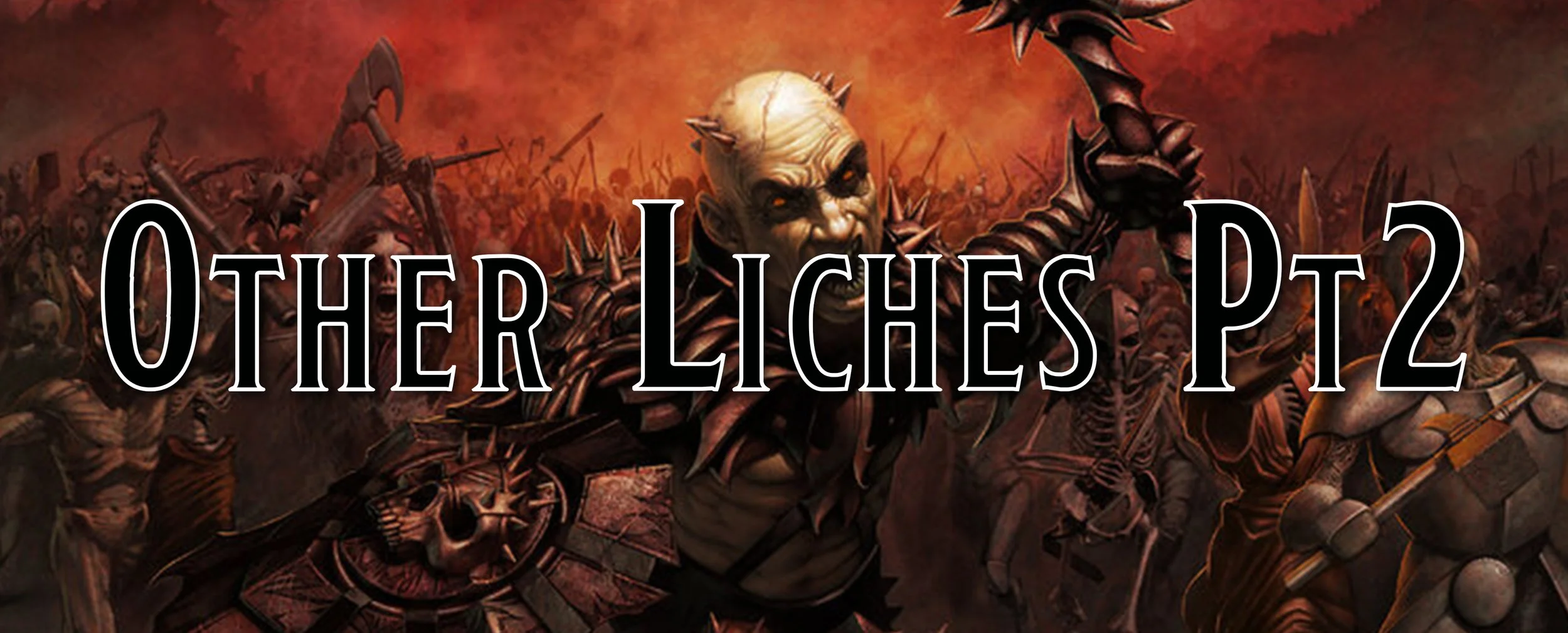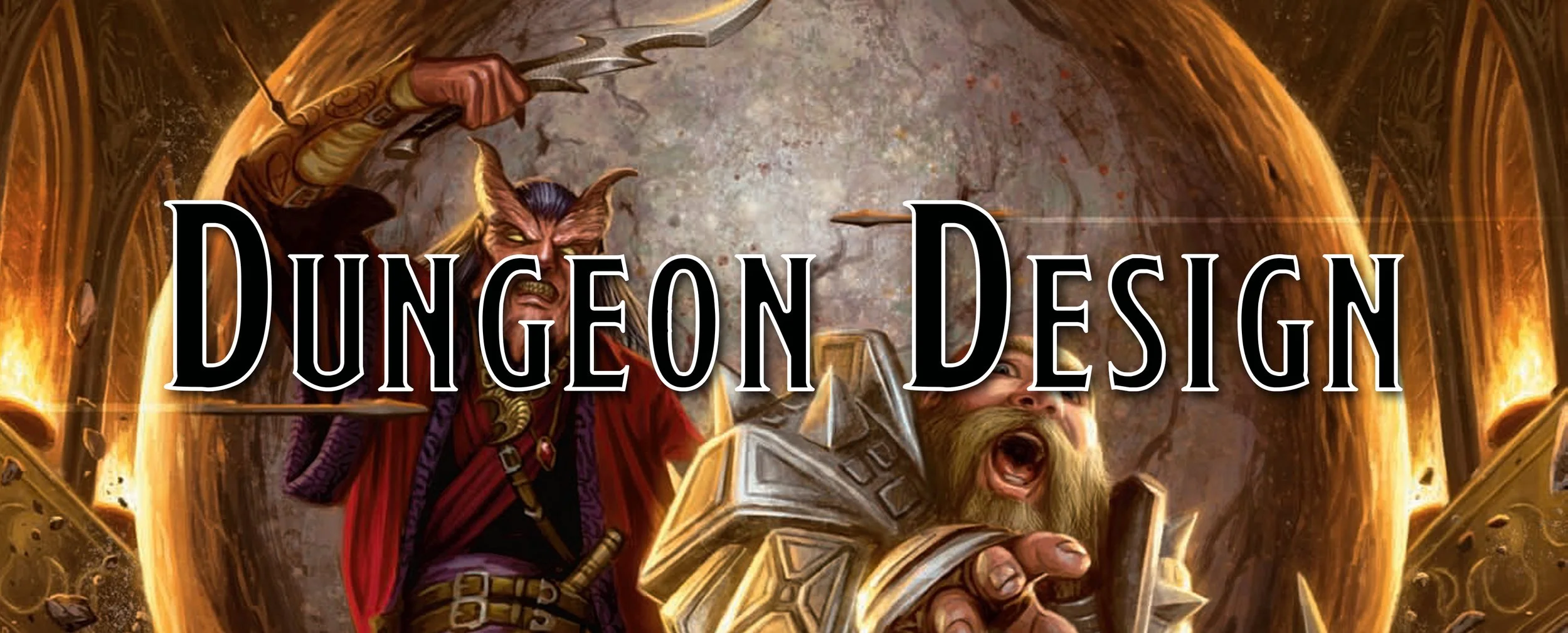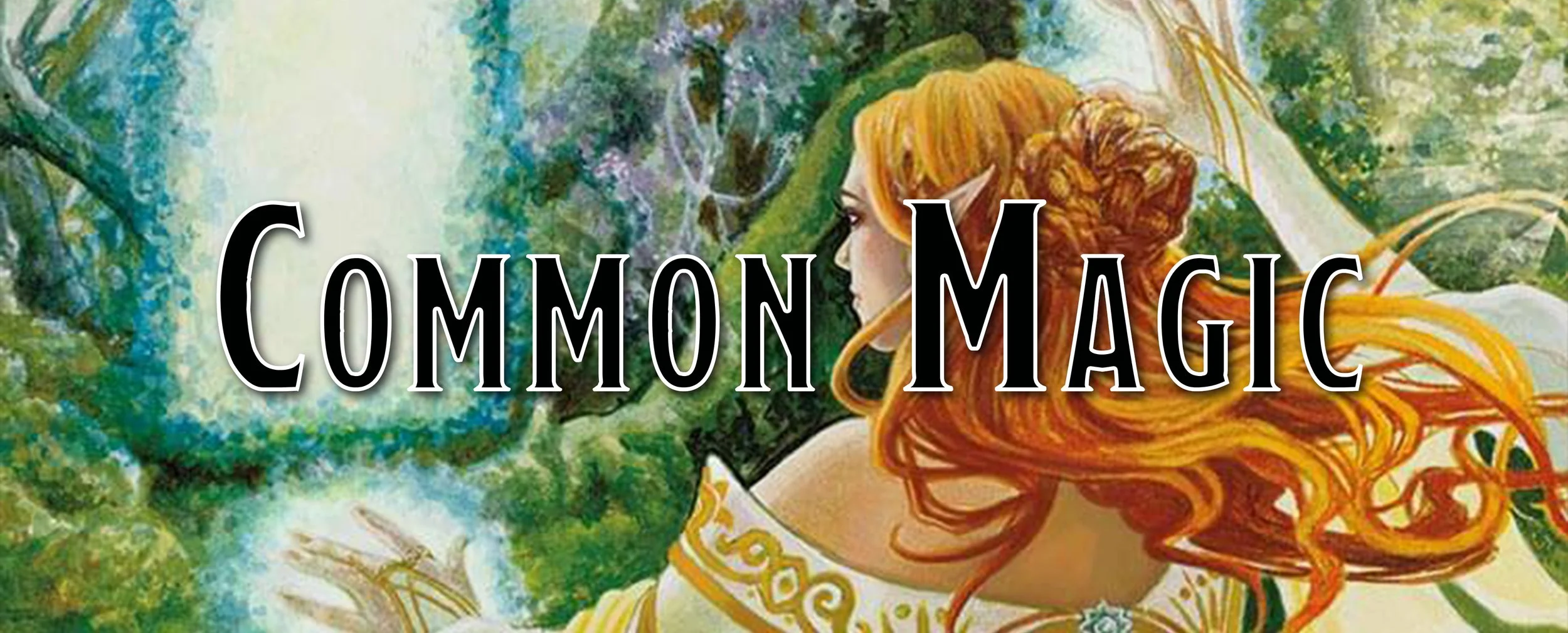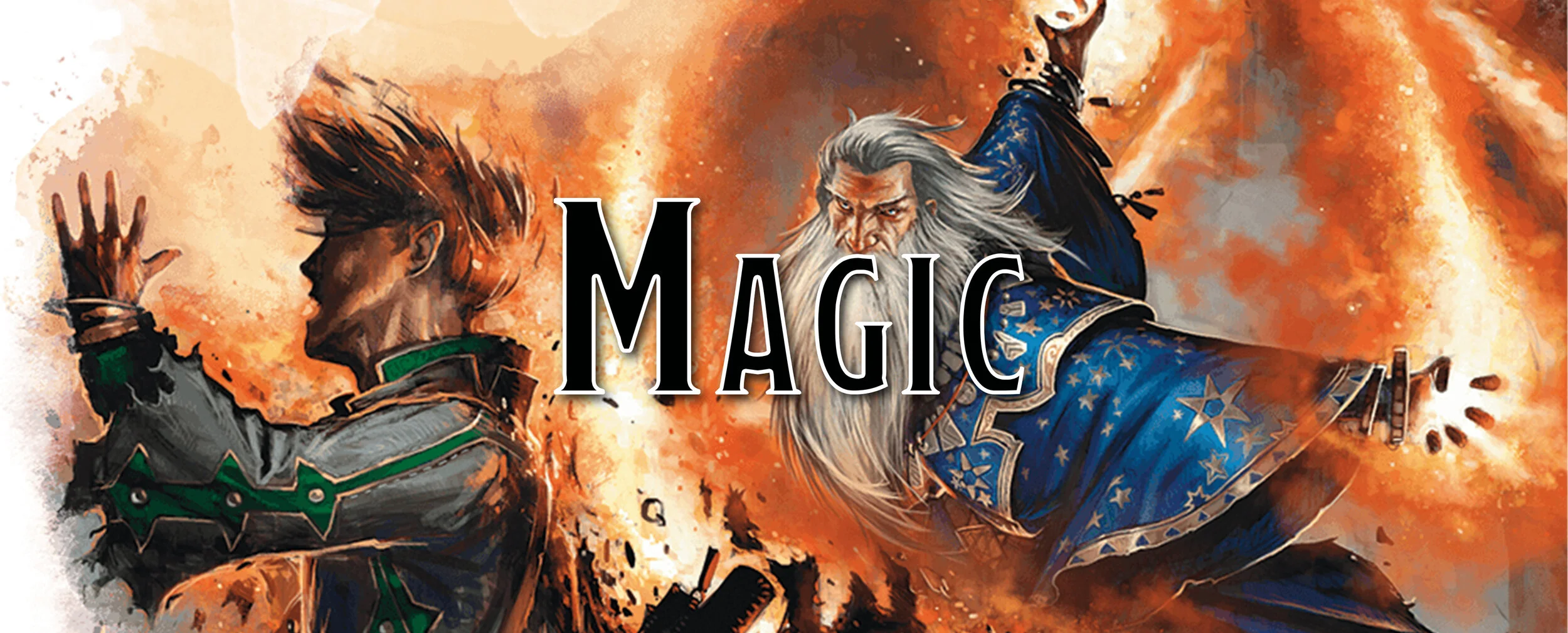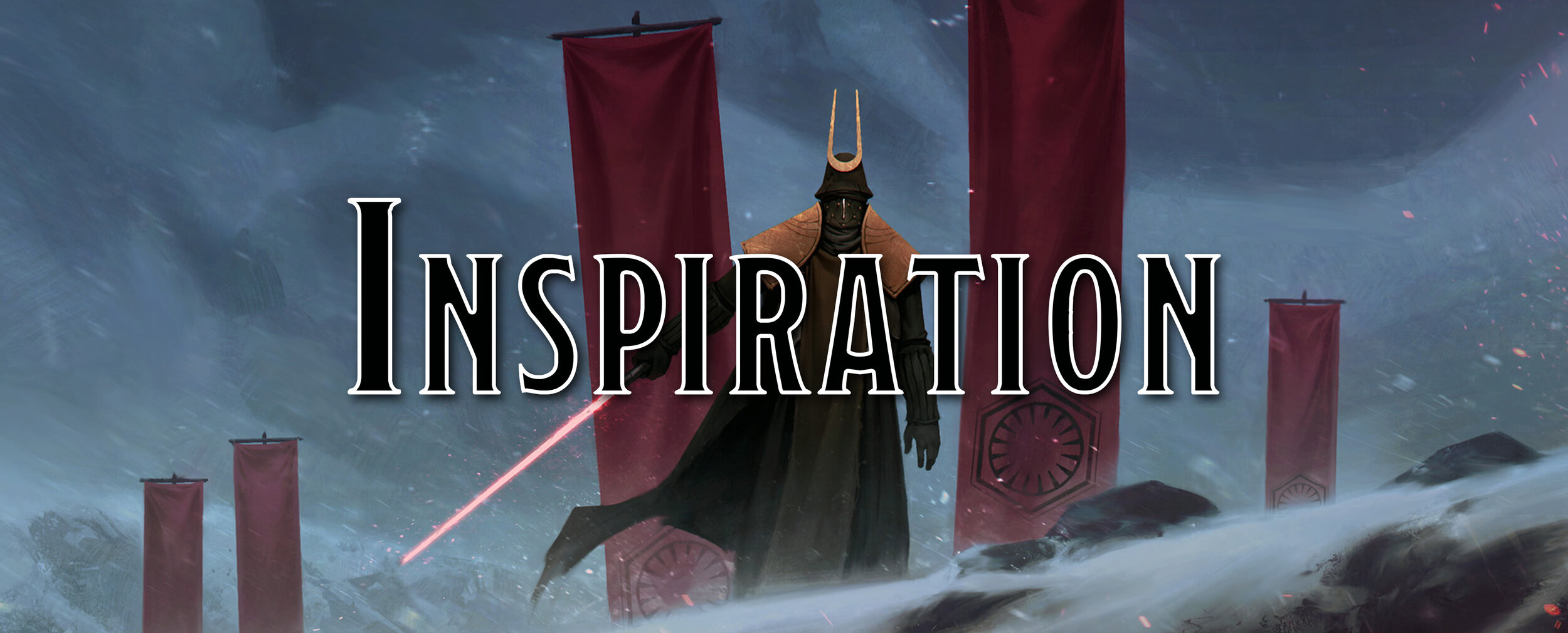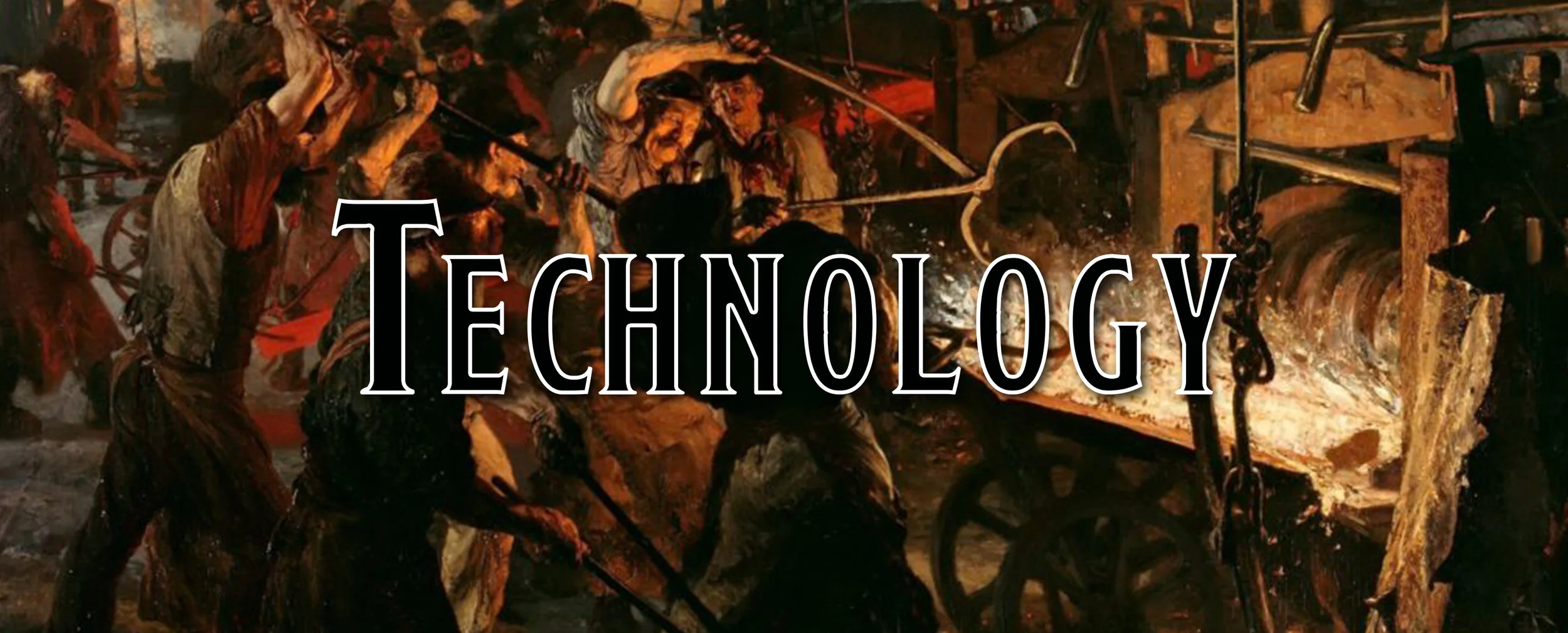Guide to World Building - Nations
Now that you’ve created a world, it’s time to populate it with kingdoms, nations, pacts, alliances, empires, unions, and more. The majority of the time, you are going to have more than a single nation, meaning you can create several different weird and unique kingdoms that allow you to envision different societies in your world.
This does mean you should think a bit about how many kingdoms/nations/city-states you’d like to have, and how large you expect each one to be. If you are trying to populate an entire world and each kingdom only takes up a few hundred miles, you are going to have a bad time of it as you’ll be making over a thousand kingdoms. Then again, if a single nation controls an entire continent the size of Asia, there should be a lore reason as to how they can control a nation that is millions of square miles, which is no simple task, especially if you are setting this during a faux-middle ages technology.
When you begin, think about the number of nations you’d like to make. You could easily make a hundred nations, but from a player’s perspective, that might be too complicated to keep all of them straight.
Part 1 - Creating Boundaries
Pick a section of your world to focus on, either a continent or part of a large landmass, and imagine what the environment might look like. This could be a dense jungle, beautiful forests filled with life, barren mountains, wide-open plains, or some other ecosystem that is at least worth sending a few soldiers to their death to protect. No one is going to send soldiers to protect a tiny sandbank 500 miles off the coast with nothing around it for no reason.
Looking at this portion of the land, you can roughly decide the number of nations that might want to inhabit this land based on how hospitable it is, the number of resources it has, and its cultural/religious significance. A burning hot desert with little resources and no real significance is not going to attract a lot of attention and may have a single kingdom claiming all of its useless sand dunes. Then again, there might be dozens of kingdoms fighting for control over a smaller, verdant area, like thick forests or a mountainous region with high-quality ore. A few examples are below:
Lush & High Cultural Importance - Dozen or more nations each claiming small chunks of land and constantly warring against each other. Some may have created pacts between each other in case one is attacked by someone else. If there are enough pacts signed, an uneasy truce may stretch across the region, though the moment one nation attacks another, every nation is dragged into the conflict.
Barren & High Cultural Importance - A single kingdom controls the majority of this land and other nations have good relations with them so that they can send pilgrimages to the nation. The single kingdom’s main source of revenue is from its cultural importance and they work to ensure that it remains relevant and popular. This might be an old religious structure that can’t be moved or they control a single type of food or mineral, making it so their power comes from their control over it. If this kingdom is attacked, it often has deals with several other nations that will come protect it so that they don’t lose access to the culturally important site.
Lush & No Cultural Importance - A few kingdoms can be found here in relative peace. Each has enough resources that they don’t need to attack their neighbors and are instead focusing on how they can increase their importance over others, either by trade deals or creating a niche that they can fulfill.
Moderate Resources & Cultural Importance - This could be a single nation, but broken into mostly independent city-states that only interact with each other for trade and military excursions. They mostly have what they need so long as they stick together with important cultural sites across the nation also acting to hold them together. There is high pride in which city one is from, with outsiders seen with suspicion. The city-states may have originally bonded together thanks to several other, more powerful nations, suddenly appearing around them.
Determining Borders
Nations often break down their borders along natural boundaries, following rivers, mountain paths, or some other landmark. These areas can provide some inspiration to the number of kingdoms in a general region, or may force you to create multiple nations. Island nations may not know who their neighbor is if the closest island is 20 or 50 miles away, while a great frozen wasteland may stop all travel between two nations. A few examples are below:
Mountains - Mountains separate nations with one claiming all of the north face and the other claiming all of the south face. They often send loggers and settlers to the other mountain face to try and steal resources or territory.
Islands - Due to extreme isolation, a single city controls the island. They rely on traders to bring in raw goods, like good iron ore but have little to no contact with anyone else.
Island Chain - This large chain of islands has over 100 tribes, cities, or kingdoms within its boundaries. They are constantly fighting with one another as they try to grab more of the islands. Those who fail to hold on to land are slowly pushed off the islands until they are all killed off or forced to join their rivals. Islands are constantly switching hands and from month to month, they could be conquered over a dozen times.
Prairie or Savanna - This vast field of grass is only broken up with a few trees here or there, with little in the way of natural landmarks to help determine where one nation ends and a kingdom begins. Those who have settled these lands either accept that they aren’t quite sure where their borders and live in relative peace, or are constantly sending out guards and knights to ‘patrol’ their lands, even if they have no idea where their border is.
Bog - While it is ‘claimed’ by a nearby kingdom, it is never patrolled as there is little to nothing of interest in there. It may have been used as a bartering chip, often being traded back and forth to other kingdoms for more lucrative trade deals or if they were forced to surrender in some armed conflict.
Part 2 - Defining Governance
Once you start roughing out the number of kingdoms, nations, or loose conglomeration of like-minded individuals; you can start thinking about how they might function. What is the government that rules them? Are they an old kingdom stuck in their old ways and traditions? Brand new after a revolution? Depending on the answer, they may have a monarchy that stretches back thousands of years or have a governing body elected by all landowners in the nation.
If all nations in a region follow their own monarchs, except one is a republic, how do the other nations interact with them? Is there a fear that the idea of a republic will spread to the other nations and cause revolutions? Are the people of a republic looked down upon because they don’t have a god-ordained king to lead them? If an empire exists along the borders of a tiny city-state, is there worry that the empire might simply consume them? There might be agents from the empire attempting to undermine the city’s government or the empire could just ignore them, more worried about a greater threat over a nearby mountain.
When thinking about the nations, here are a few of the more popular governmental styles that a nation could have in place.
Monarchy
This style of government might be what everyone thinks of when they think of Dungeons & Dragons or sword & sorcery games. This features a monarch who acts as the head of state and is in charge of the kingdom, often with dukes, earls, and other nobles below them that control portions of land and send tithes to their monarch. A monarch could be known as an emperor, raja, caliph, sultan, king/queen, or any other title. This title is often passed down hereditary, but a kingdom might have a special way of passing it down to someone they have deemed ‘worthy’. Then again, the ruling monarch may simply select who will inherit their title next upon their death, something that probably wouldn’t happen until their death bed so they do not have to worry about their successor trying to remove them early.
Republic
This form of governance places power in the hands of representatives who are elected by the people of the nation. This might mean everyone gets a vote, but if you are creating a more middle-ages-esque setting, it would just be the landowners or the rich and powerful who get to vote. The representatives would then vote on laws, decide on the budget for the nation, and everything else that is involved. In some cases, the republic could elect an emperor to oversee the large picture of the nation. This could put the emperor above their control, or they could have very firm control over the emperor and keep them on a very tight leash.
In some cases, it could be that a republic is made up of city-states whose representatives are those who lead each of the cities. They have made a pact to have a central government that watches over all of the cities, forming a partnership of separate peoples.
Oligarchy
Power is in the hands of only a select few, be it nobility, military, or some other unique sect. Oligarchies often pass from one family to another, each one inheriting it from their ancestors. This could be multiple families or a single sect who decide on every action of the nation, either because it is written in law or because of political manipulation. The common people have no say in what happens in their nation and must accept whatever decisions the nation makes. Even rich and powerful members of the nation may have little to no say if they aren’t able to gain the ear of whichever sect or family is in charge.
Theocracy
A deity or religious leader is in charge of the nation, often enacting the laws of their religion as laws for every member of the nation, regardless of religious beliefs. A king could be ordained by a temple leader, their power stemming from being chosen by a god, and could be taken away from them if they are not holy enough for the church. It might also be that only the highest-ranking priest is allowed to dictate the laws of the city, claiming that a divine being is granting them, and others who will follow them, guidance on how best to lead the nation.
Confederation
This is the union of states or nations under a single banner, often through a treaty or binding document. Typically, a confederation is only formed for dealing with very specific objectives, like military threats, internal trade, or some other common ground that all participants agree to. Outside of those areas defined by the treaty, the states act as they want and enact their laws so long as those laws don’t impose on the treaty they have signed to be a part of a confederation.
Part 3 - Connecting Nations
Once you decide on how you want a few nations to look like in a region, you can start thinking about their relationship with one another. Competing monarchs might hold some respect for each other, and might even be family due to using marriage to help seal treaties between one another. Then again, they could hate each other, each being appointed by their own deity to act as their representative in the Material World, each hoping to bring greater glory to whatever god they worship.
If a republic takes hold in a region, it pry wouldn’t be long before the neighboring monarchs take notice and do something about it. Rulers might hate the idea that their decisions could be questioned by the common people and would want to stamp out any ideas that would decrease the amount of power they hold over others. This can be used as a source of tensions in your games, where a revolution has created a new form of governance in a region that is traditionally theocratic or autocratic, causing a power imbalance and making other nations pay attention to their borders a bit more closely.
On the other hand, ancient empires may have treaties or pacts going back thousands of years. There are several fantasy races that could have memories of the day the governments made their deals, making it harder for present-day rulers to simply ignore such ancient pacts. They could even have such complicated laws that it requires a massive library to store all laws they have created and it takes researchers days or weeks to scour for laws based on certain circumstances happening, tying a ruler’s hands and limiting their power.
When you start connecting these nations, you can build tension within your world and try to imagine how each style of government might behave in strange places. How would magic influence a monarch? Would their crown give them special power that would stop mind control or allow them to scry on any portion of their claimed lands?
Step 4 - History
Most kingdoms aren’t going to spontaneous form, but instead, have a history of how they formed. When first creating a nation, you don’t need to know exactly how it was created or for what purpose, but it can be helpful to later think back on it. Though, history may never come up in a game or story, making it only a thought experiment to entertain yourself. Players may not care that a kingdom is 943 years old and they have conquered a river exactly 37 times during a hundred different skirmishes and wars, but knowing that a nation has had numerous wars and skirmishes with its neighbors is good enough to start thinking about the political tension between kingdoms. It could be that nations look wearily at any traveler that crosses the river, seeing them as spies looking to start another skirmish for the river bank.
History should be used to only help define how a nation is currently the way it is. It is best to form a nation in the present and then work from the present back to its past. The first thing you might know about a kingdom is that it has a King Leonard the Fifth, which you can then use to help you understand its history and that there have been other Leonards before.
Step 5 - Oddities
Another thing one should think about when creating a nation or kingdom is what separates them from another nation or kingdom? Players need something to latch on to help differentiate a bunch of nations from each other, and simply having a list of different monarchs and rulers isn’t going to help them much. Instead, think about what is unique about the nation that can become what the nation is known for.
It might be that the king is over 1,500 years old because they are a powerful lich-king, or consume a powerful elixir that de-ages them. Maybe the nation is ruled by a tribunal of gnomes. The kingdom lost their king to a curse and now a king-regent is in charge and has ‘promised’ to be searching for the lost king. A nation may have five different rulers all starting a civil war to claim the throne. A nation could double down on their worship of a god, going so far as to ‘crown’ their deity and keeping an empty throne that they claim the god sits on during their holy day.
The uniqueness can go on and on, but once you figure out the uniqueness, you can then use that to inform the rest of your nation and how it might operate. A five-way civil war could have grave consequences on the youth of the nation, making it impossible to find young people in a village. An empty throne for a god means the nation is ruled by the priests who swear they commune with the god, what does it mean if the god speaks to the people and tells them the priests are liars?
These oddities can go a long way to help make a kingdom memorable.
What’s Next
There are dozens of different styles of governments, and maybe you’ll come up with a new style when you realize that the wish spell doesn’t mean everyone will think you are a king when you cast the spell. You can spend hours and hours thinking of the history of a single nation, but make sure you look at the big picture and figure out how the nations interact with one another. It doesn’t make sense that a nation built on constant warfare wouldn’t attack its neighbors, and creating that interaction allows you to make the world feel alive.
Next time, I’ll be looking at the cities inside of nations.
Like what we are doing here?
Support us on Patreon!
You’ll get early access to deep dives, our Homebrew Hoard, monster stat blocks and more!
Follow us on Twitter to keep up to date on everything we talk about!


